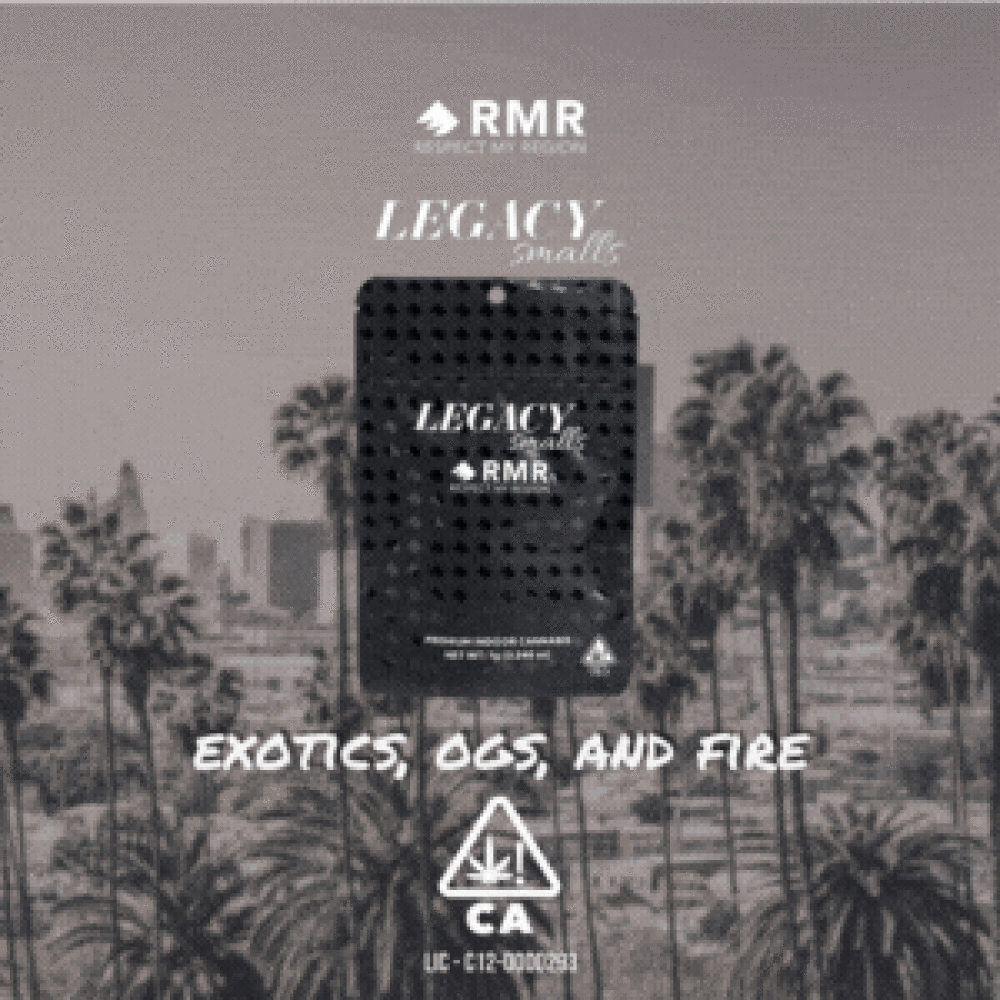Rappers doing concept albums are not new, but the new album from hip-hop mainstay Lupe Fiasco puts that concept on its head. “Samurai” showcases Fiasco’s consistent rapping and involved beats, portraying the career of Amy Winehouse in an intriguing way.
Having a nine-album discography, he is a very prevalent name in the rap game, being a Grammy award winner in 2008, along with 12 nominations. His career may be past it’s highs, but he still continues to produce exciting rap albums, like “Samurai”.
The Long Career of Lupe Fiasco
Wassalu Muhammed Jaco, otherwise known as Lupe Fiasco, was born in Chicago and immediately took a liking to hip-hop. Signing with Atlantic Records early on, it was not too soon when he released his critically acclaimed debut album, “Lupe Fiasco’s Food & Liquor” in 2006.
He has been releasing music ever since, including seven albums before his most recent release. This includes a couple of 2000s classic hits like “The Show Goes On” and “Battle Scars”.
Releasing his ninth studio album, Fiasco looks to be continuing the consistency he has always shown. His new album, “Samurai”, fits perfectly into his discography with crafty lyrics and relaxing beats.
Lupe Fiasco’s Concept Following R&B Starlet
It would be impossible to talk about the record without further dissecting the concept of “Samurai”. In an interview with 94.9: The Beat, Fiasco goes into detail regarding the concept’s focus on Amy Winehouse, saying, “And initially it just started out as one song, ‘Samurai,’ and then it went into, ‘Well, what if she was in a battle? What would those raps sound like?’”
Even though the title track is the one he discusses, the track “Mumble Rap” really showcases the story within the album. The song is about the conceptual Winehouse being possessed by a ghost or spirit, who curses her to only rap, with the lyrics saying, “Now, everything’s a verse and everything’s a line.”
Showcasing His Rapping and Lyricism Expertise
The singles released prior to the album’s release do stand out as some of the best tracks on the album. The opening track, “Samurai”, opens with a buzzing sax interjecting in between lines with a thumping bass and subdued snap of a snare. This production follows the jazzy and more soulful genres of Winehouse, with Fiasco infusing his songs with R&B sounds and jazz instruments to emulate this.
“Cake” has a more unique instrumentation in the production. The wispy synths wave back and forth with a simple drum beat, allowing full focus on the lyrics, with Fiasco’s never-ending flow finding new pockets and patterns constantly.
Lupe FiFiasco uses the lyrics to also showcase the inner feelings of Winehouse throughout her career, especially in the song “Palaces”. Being an artist, Winehouse (and Fiasco himself) has to put their emotion out front and personal, needing to sell records. Whenever palaces are mentioned in the verses, they reference weak structures, like “mansion of cards” or “castle of sand”, things that can easily be broken.
The last track, “Til Eternity”, displays Lupe Fiasco’s wish for Winehouse to be around for eternity, but sadly, that is not true. The constant repeating of “dancers” in the chorus creates this beautiful commentary on art: to be a true vehicle to express ourselves.
Fiasco creates a warm album with “Samurai”, using Winehouse’s legendary career to discuss goals, legacy, and what true art can mean. Fiasco demonstrates his true expansive mind on this record, showcasing amazing word and rhyme schemes, simple but involved production, and a unique concept, honoring a music icon.
More reviews & music coverage over at RespectMyRegion.com.








